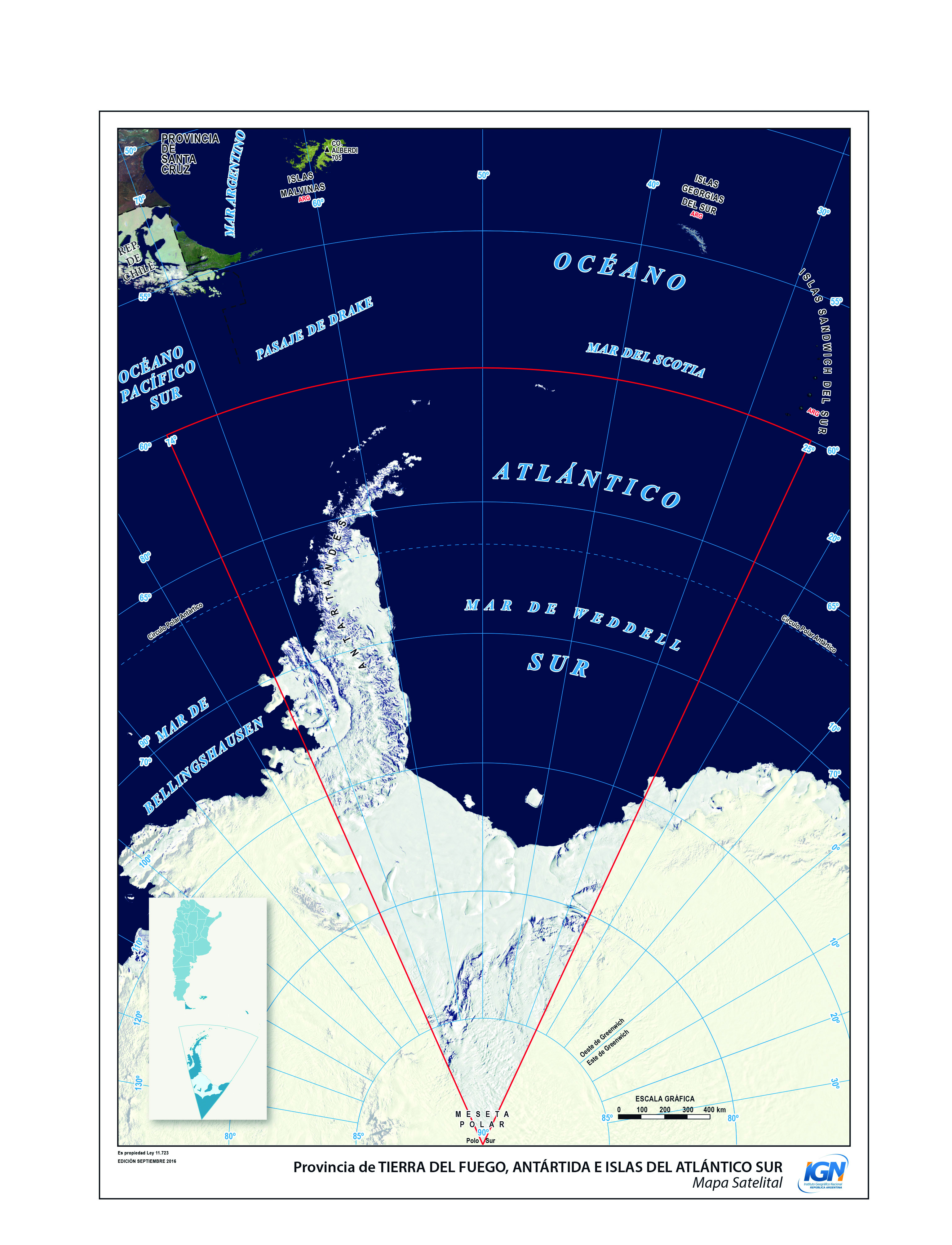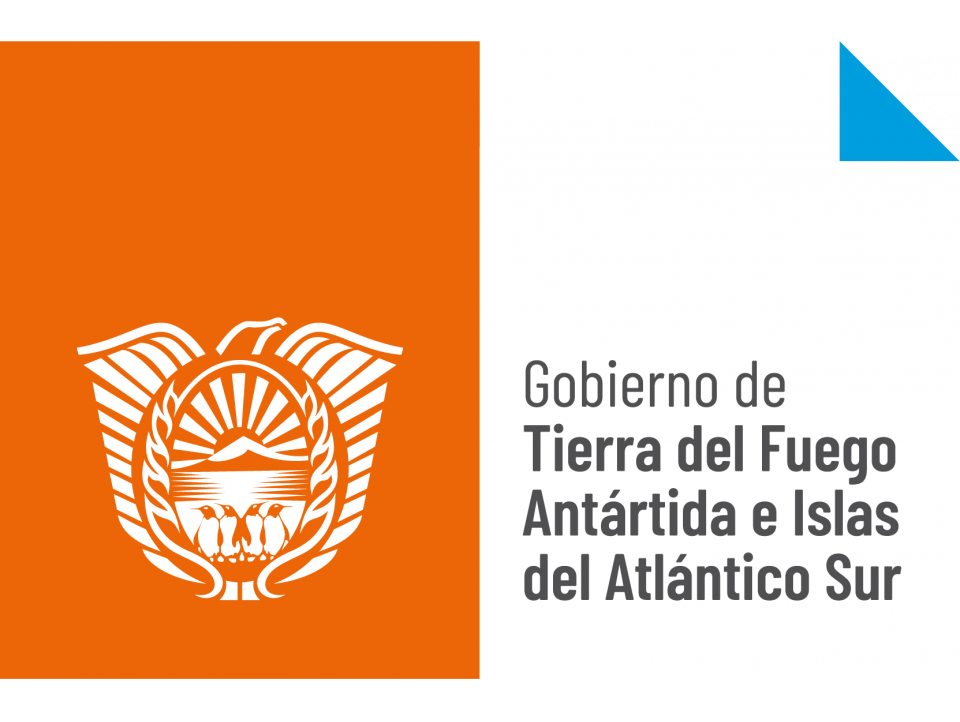The province of Tierra del Fuego, Antártida and South Atlantic Islands, welcome you during the exhibition
- Tierra del Fuego province representatives will attend the Sea Tech Week event, as well as BtoB meetings. We also invite you to visit their booth within the professional exhibition.
The province of Tierra del Fuego, Antártida and South Atlantic Islands, given its geographic location and marine biodiversity (various marine mammals and numerous species of birds in the Atlantic Coast Reserve), is one of the most important maritime areas on the planet. The city of Ushuaia is the main gateway to Antarctica due to its geographical position (It is located approximately 1,000 kilometers from the Antarctic Peninsula). As well as due to its infrastructure and tourist services that meet to the needs of ships and their passengers more than 90% of tourists heading to Antártida transit through the port of Ushuaia.
Since 2016, the cooperation between Brest métropole, France and Tierra del Fuego, Antártida and South Atlantic Islands region, Argentina, aims at strengthening the scientific, economical, technological and academic collaboration in the areas of the maritime economy (blue economy), biotechnology and sustainable tourism. (link to project description).
ATTEND THE EXHIBITION (for free)
SCHEDULE B2B MEETINGS (for free)
More details about the cooperation project:
Supported by the French Ministry for Foreign Affairs, the cooperation between Brest métropole, France and Tierra del Fuego, Antártida and South Atlantic Islands region, Argentina, aims to expand and improve the joint actions started in 2016 by strengthening the scientific, economical, technological and academic collaboration in the areas of the maritime economy (blue economy), biotechnology and sustainable tourism.
This Project seeks to operationalize on a regional scale, the national and supranational strategic frameworks related to the blue economy, with an emphasis on supporting and promoting innovative projects, creating and strengthening the capabilities of the territories within the actors of the local economies.
The main objective of the Project is the exchange of know-how and technical practices related to the assessment and conservation of the coastal ecosystem and natural resources.
This project, which will last for 3 years, also seeks to promote multilateral cooperation, such as the academic exchanges initiated in 2017 between Quebec, Tierra del Fuego and Brest.

Context
The ocean and seas make up most of our planet, accounting for more than 70% of the Earth's surface. These are essential spaces for the development of both life and the survival of human beings. It is also reflected in the fact that they support 70% of international exchanges and that more than 60% of the world's population lives less than 150 kilometers from the coast.
In this context, Brest métropole is seeking to deepen scientific and economic cooperation at the Atlantic level, as well as promoting participation in debates on the management of marine resources, articulating the implementation of national, European and international strategies linked to the blue economy.
To do so, maritime cities play a greater role through their actions for territorial development, their knowledge of local challenges, and their ability to mobilize actors from the private and public sectors.
Today, the objective is to promote access to resources, research, the application of new information technologies, the safety and efficiency of transport, services and techniques for the management of maritime areas and territories, energy and exploitation of marine resources, generating data and management tools that allow a more sustainable and long-term management of our maritime heritage.
Brest, located in the extreme West of Europe and at the crossroads of the main European maritime routes, is a city that, due to the diversification of its port and military activities, has become a center of excellence in marine science and technology, recognized worldwide. The most important example in this domain is the Technopôle Brest-Iroise, which brings together innovative companies of any size, higher education establishments and public authorities within the same site. Due to its maritime excellence as well as its international openness, Campus mondial de la mer represents a privileged framework to explore for the cooperation.
The province of Tierra del Fuego, Antártida and South Atlantic Islands, given its geographic location and marine biodiversity (various marine mammals and numerous species of birds in the Atlantic Coast Reserve), is one of the most important maritime areas on the planet. The city of Ushuaia is the main gateway to Antarctica due to its geographical position (It is located approximately 1,000 kilometers from the Antarctic Peninsula). As well as due to its infrastructure and tourist services that meet to the needs of ships and their passengers more than 90% of tourists heading to Antártida transit through the port of Ushuaia.
The present and the future of a shared effort
Since 2016, the first contacts between Brest métropole and the province of Tierra del Fuego have been focused on addressing specific issues of common interest in the blue growth sector.
It should be noted that innovation is the axis of cooperation between Brest and Tierra del Fuego. The blue economy is a central theme in this cooperation. Is an exceptional source of innovations that allows us to cover common cross-cutting themes such as sustainable development, and Energy transition. By creating a multi-stakeholder network of maritime experts, Brest and Tierra del Fuego demonstrate their willingness to make the sea a key element of their territorial development.
The main areas of cooperation proposed for the coming years were identified as follows:
- Aquaculture
- Energies and bio-marine resources
- Sustainable maritime transport
- Valorization of heritage and tourism
In addition to the above priorities, in the past year an emphasis was added on building and capacities in terms of incorporating technologies and human resources, improving efficiency of the use of maritime resources, promoting the addition of value, and helping to promote qualified employment and best practices of stakeholders.
The direct beneficiaries of the Project in both regions are:
- Policy makers
- The actors of higher education and research
- The innovative companies
- Citizens







